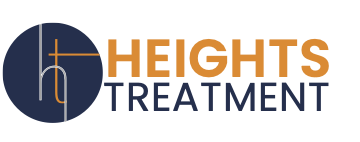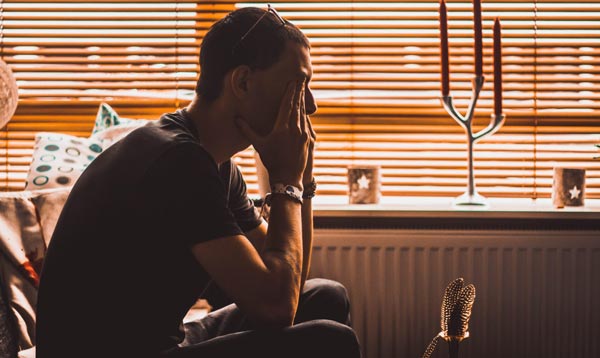IOP vs. PHP: Differences in Treatment and Care
Choosing between PHP (Partial Hospitalization Program) and IOP (Intensive Outpatient Program) often comes down to structure, symptom severity, relapse risk, and day-to-day functioning. Both are outpatient programs, but PHP is typically more intensive than IOP.
This guide explains the differences between PHP and IOP, who each level of care is best for, and how many people step down from PHP to IOP as stability improves.
For a full overview of treatment options, see:
Treatment Programs.
Key Takeaways
- PHP is typically the most structured outpatient level of care (often near-daily programming).
- IOP is less intensive than PHP but still provides multi-day weekly structure.
- Many people follow a step-down model: PHP → IOP → OP.
- Dual diagnosis needs (substance use + mental health) can influence which level is appropriate.
Jump to a Section
- What Is PHP?
- What Is IOP?
- PHP vs. IOP: Key Differences
- Who Should Choose PHP?
- Who Should Choose IOP?
- Step-Down Model: PHP → IOP → OP
- FAQ
What Is PHP?
PHP (Partial Hospitalization Program) is an intensive outpatient program designed for people who need significant clinical structure and support. PHP is often appropriate when relapse risk is high, symptoms are impacting functioning, or outpatient therapy alone isn’t enough.
Learn more about our program:
PHP in Houston.
What Is IOP?
IOP (Intensive Outpatient Program) provides structured treatment multiple days per week, but with fewer hours than PHP. IOP is commonly used as a step-down from PHP or as a starting point when someone can function more independently but still needs consistent clinical support.
Learn more about our program:
IOP in Houston.
PHP vs. IOP: Key Differences
| Category | PHP | IOP |
|---|---|---|
| Intensity | Higher structure; more clinical hours | Moderate structure; fewer hours than PHP |
| Best fit | Higher relapse risk; significant symptom impact | More stable functioning; needs ongoing support |
| Schedule | Often near-daily treatment days | Multiple days per week |
| Step-down path | Often first step after detox/residential | Common step-down from PHP |
Who Should Choose PHP?
PHP is often appropriate when:
- Relapse risk is high without near-daily structure
- Mental health symptoms are significantly impacting functioning
- Substance use has become difficult to stabilize in lower-intensity care
- You’re stepping down from detox/residential and need continuity
- Home or social environment increases risk and requires stronger clinical support
If mental health symptoms are part of the picture, integrated care can improve outcomes:
Dual Diagnosis Treatment in Houston.
Who Should Choose IOP?
IOP is often appropriate when:
- You can function more independently day-to-day
- You need continued support after PHP or residential treatment
- You need relapse prevention planning and accountability multiple days per week
- You’re balancing work, school, or family responsibilities
Step-Down Model: PHP → IOP → OP
A common pathway looks like:
- PHP for intensive stabilization and skills building
- IOP for continued structure with increased independence
- OP for ongoing support and long-term maintenance
Explore all levels of care:
- Individualized Intensive Program (IIP)
- Partial Hospitalization Program (PHP)
- Intensive Outpatient Program (IOP)
- Outpatient Program (OP)
Frequently Asked Questions
Can I work while in PHP or IOP?
Many people can work during IOP depending on schedule and stability. PHP is more time-intensive and may require more flexibility.
Is PHP always better than IOP?
No. The “best” level of care depends on symptoms, relapse risk, functioning, and safety needs.
Do PHP and IOP include therapy and psychiatry?
Programs typically include structured therapy. Psychiatric evaluation and medication management may be included when clinically appropriate.
How do I know which level of care I need?
A clinical assessment reviews safety, relapse risk, mental health symptoms, and support needs to recommend the best fit.
Talk With Our Houston Team
If you’re deciding between PHP and IOP, our team can help you understand options and next steps.
Call (832) 979-3625 or contact us.
Medical disclaimer: Educational content only. Not a substitute for diagnosis or treatment. If there is immediate danger or overdose risk, call 911. For urgent mental health support in the U.S., call 988.





